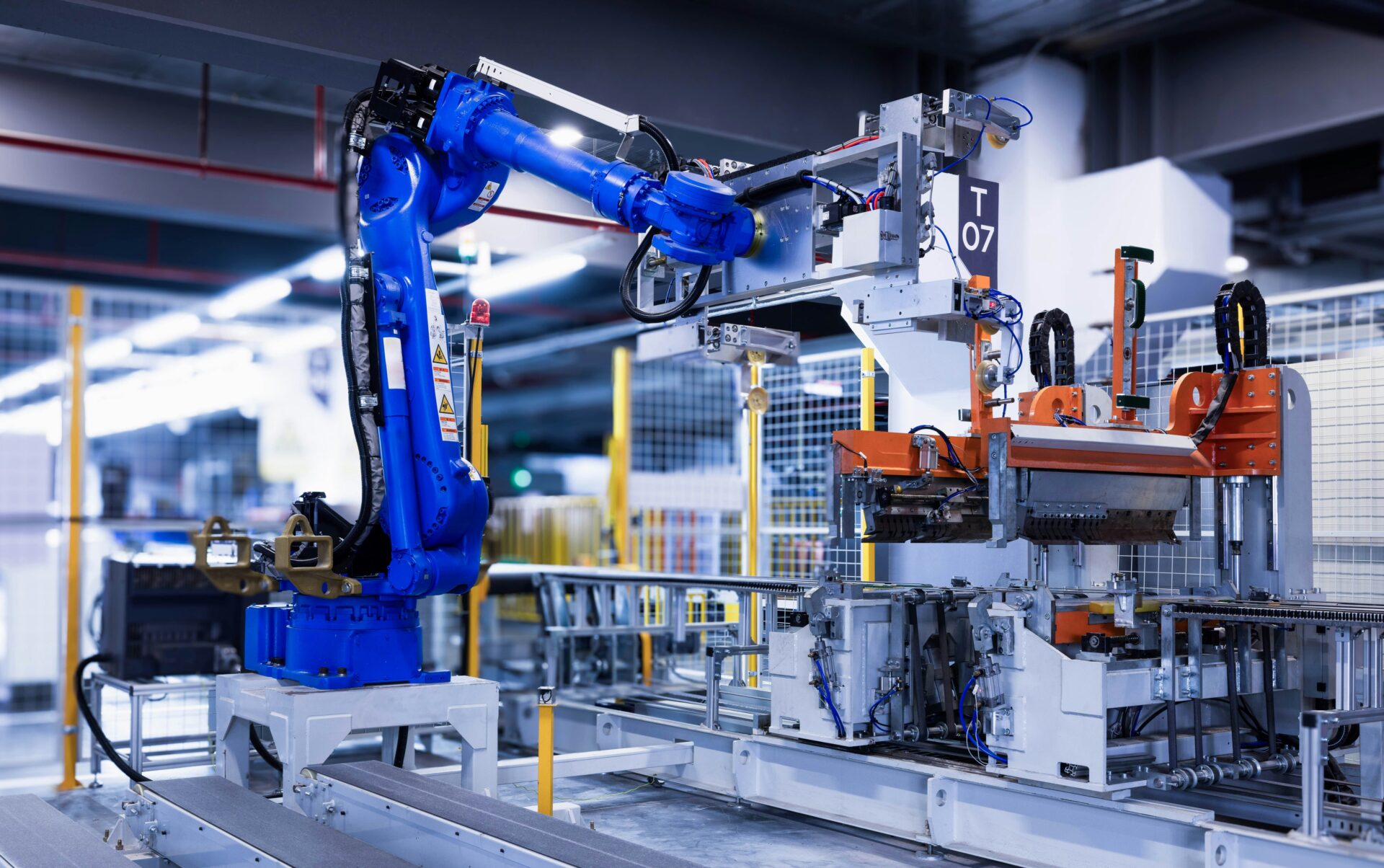



Revolutionized is reader-supported. When you buy through links on our site, we may earn an affiliate commision. Learn more here.
Today’s manufacturers face the unique challenges of meeting a growing market demand while aiming to waste the least resources. With rising costs, global competition and environmental concerns, efficiency and sustainability are top worries for production facilities across different industries.
Smart manufacturing is a type of production that embraces and incorporates smart technology, connected devices and advanced analytics to create efficient, data-driven production systems.
A smart manufacturing system uses sensors and other Internet of Things (IoT) devices to collect real-time information from various equipment and steps on the production floor. This data is then processed through data analytics or AI software to find patterns and generate insights that improve manufacturing efficiency, predict future needs and inform business decisions.
As technology advances and customer demands change, many companies turn to smart manufacturing to help them stay competitive. This growing adoption shows up in the numbers — the global market for smart manufacturing reached $349.48 billion in 2024.
Every year, the world generates more than 2 billion metric tons of solid waste, posing dangers to human health and the environment. One of the most significant benefits of smart manufacturing is its ability to improve production efficiency and reduce waste, leading to better sustainability efforts and cost savings.
Smart manufacturing enables real-time monitoring, data analysis and automation, improving workflows and production efficiency. Sensors communicate everything in production, allowing managers to maintain operations, adjust specific settings or conduct repairs to ensure timeliness and productivity. Automation is another efficiency booster, allowing employees to focus on more complex steps that require a human touch.
Aside from giving insight into what’s happening on the production floor, smart manufacturing can also collect data from external sources and the rest of the supply chain. This information allows manufacturers to quickly adapt to changes in production requirements, customer demand and unexpected disruptions. Companies can produce only what’s necessary and aligned with their business plan.
Manufacturing mistakes can be costly. Data analytics and automation help minimize the chances of human error, which reduces product defects. They can also implement more intense quality control standards, which are essential to industries that require attention to detail.
As a result, companies enjoy higher productivity and minimize costs related to returns, recalls or replacements. Constantly manufacturing quality products also improves customer satisfaction, boosting the company’s reputation.
As the name suggests, predictive maintenance collects and analyzes equipment data to predict when tools or machines need maintenance or repair. This practice ensures manufacturing equipment stays in good condition, minimizing downtime and preventing costly repairs. Machinery can be expensive — predictive maintenance protects that initial investment.
Smart manufacturing involves a network of various sensors, equipment and tools that allow companies to collect, process and control data from multiple sources. Examples of gadgets and tech utilized include:
Smart manufacturing is a significant tech upgrade, but with the proper implementation, it can be well worth the investment. It’s a strategic way to help companies reduce waste and energy use while improving their output. Through advanced data collection, analytics and automation, manufacturers can adapt and position themselves for long-term success.
Revolutionized is reader-supported. When you buy through links on our site, we may earn an affiliate commision. Learn more here.


This site uses Akismet to reduce spam. Learn how your comment data is processed.